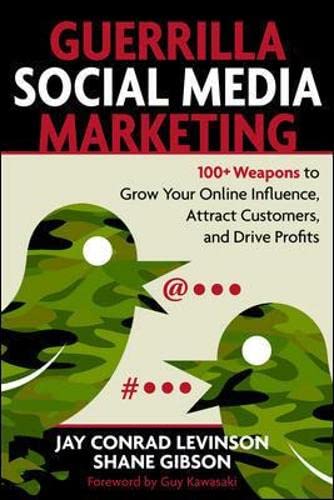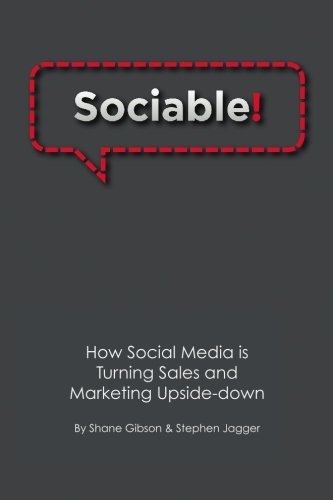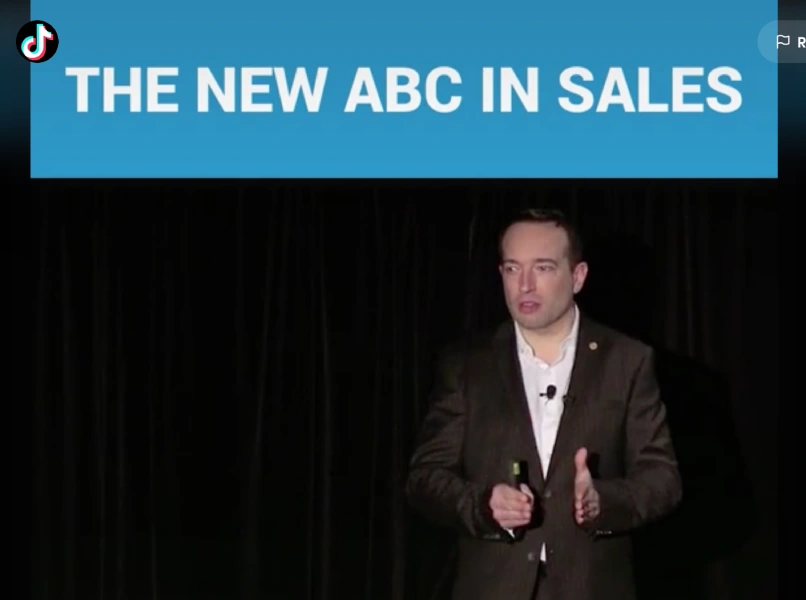How to Succeed and Drive Revenues in Turbulent Economic Times (Updated for 2022)
Updated May 11th 2022:
In two short years we have seen much of what was discussed in this post happen. We did in fact rebound rapidly with massive rallies in the stock markets, ecommerce grew by over 30 million new online shoppers in 2021 and many industries from tourism and hospitality to cloud computing solutions had massive gains.
Once again we are into another downturn. The invasion of Ukraine, skyrocketing oil prices and massive inflation driven by supply chain inefficiencies and large scale money printing by central banks. This too shall pass, the question is how do we calibrate and prepare for the future?
Original post from May. 6th 2020:
I originally produced this blog post in 2008 at the bottom of the economy. My late father Bill Gibson shared this economic cycle model with audiences across Canada during the crash in the early 80’s. I have done some minor edits to update for the past decade. This is not a “silver lining” post, it’s intended to be a historical look at economic downturns, crisis and how resilient you and I can be.
I too am very worried about the health and well being of my family, friends, clients and community. It’s easy to just freeze. I am doing my best not to read hourly updates in the news or go down any Facebook debate “rabbit holes.”
We have arguably shot to the bottom of an economic cycle at an unprecedented velocity, but we have actually been here before. I don’t think we have reached “the bottom” yet from an economic standpoint, it is likely months before things will level out. Things will also never be the same.
While people are still in shock and crisis it is probably not the time to make cold calls or launch your next product, BUT we need to be prepared to pivot, sprint and put the hard work in as soon as we see the proverbial light at the end of the tunnel.
I thought I would share this post from my archives in hopes that my readers can see that once we get through this tough period things will get better (if we are ready to navigate a new sales landscape).
I also delivered a Webinar on the topic for the Canadian Professional Sales Association called “Selling and Succeeding in Turbulent Economic Times” in 2020. (Full 45 minute webinar + Q&A)
Here’s the October 17th 2008 post updated:
Many sales professionals and entrepreneurs are concerned about how they are going to weather today’s global financial storm. We are clearly in turbulent economic times, but not universally tough times. The rules of the game have changed with the advent of a multitude of shifts including the introduction of disruptive technologies to almost every industry, along with true globalization and the meltdown in the banking sector.
As sales professionals we have to realize that it is not the events in our lives, but our interpretation and response to those events that will impact our level of success. John Maxwell goes further than this to state: “A leader is defined by the size of the crisis.” The core message here is that almost anyone can captain a ship in fair weather, but during a storm or turbulent conditions it becomes obvious which people truly should be wearing the rank of Captain.
As the storm hits the shores of our industries and communities many people will begin to jump ship, looking for safe harbors or metaphorically tying themselves down and just waiting for the storm to pass.
It is impossible to write on this subject without reflecting on the millions of people whose lives have been affected by what is going on in these turbulent economic times. It is equally clear that this is also a time of immense opportunity to define ourselves in this crisis as leaders in our industries and respective professions. You can succeed in this present state. In fact, in many industries this is a time of unparalleled opportunity.
Many businesses have already successfully pivoted on online platforms and ecommerce channels to survive and thrive.
What I do know is that in North America alone there have been major recessions or turbulent times approximately every 7 years since 1900. In each of these instances there were people who panicked, froze, or opted out of society in general and some never recovered. On the other side there were people who prospered; in fact there was more new wealth created coming out of the great depression than any other time in history. If you’re in the profession of selling, turbulent times can be a gift. This represented a major shift in the world power base from an economic standpoint as well.
Just to illustrate this point here’s a run down of the level of turbulence in the economy over the past 90 years, look at these trends and you decide when the best time to be selling or marketing. I personally think it’s not about the environment but our reaction to it that determines our destiny.
There’s always a reason not to sell, market or lead. It’s up to us to find the opportunity and put the work in. Sometimes it feels futile but even while our business is not developing, we are.
An overview of turbulent times in the past 80 years.
1930’s
- 1929 Wall Street Crash
- 1934 Depression
- 1935 Spanish civil war
- 1937 Recession
- 1938 War clouds gather
- 1939 War in Europe
1940’s
- 1940 France falls
- 1941 Pearl Harbour
- 1942 Wartime price controls
- 1944 Consumer goods shortages
- 1945 Post-war recession predicted
- 1946 Dow tops 200 – “too high“
- 1947 Cold war begins
- 1948 Berlin blockade
- 1949 Russia explodes A-bomb
1950’s
- 1950 Korean War
- 1951 Excess profits tax
- 1952 U.S. seizes steel mills
- 1953 Russian H-bomb
- 1954 Dow tops 300 – “too high”
- 1955 Eisenhower ill
- 1956 Suez crisis
- 1957 Russia launches Sputnik
- 1958 Recession
- 1959 Castro seizes power
1960’s
- 1960 Russia downs U-2 plane
- 1961 Berlin Wall erected
- 1962 Cuban missile crisis
- 1963 Kennedy assassinated
- 1965 Civil rights marches
- 1966 Vietnam War escalates
- 1967 Newark race riots
- 1968 USS Pueblo seized
- 1969 Markets fall
1970’s
- 1970 Cambodia invaded
- 1972 Record US trade deficit
- 1973 Energy crisis
- 1974 Nixon resigns
- 1977 Market slumps
- 1978 Interest rates rise
- 1979 Oil prices skyrocket
1980’s
- 1980 Interest rates at all-time high
- 1981 Steep recession begins
- 1982 Worst recession in 40 years
- 1983 US Marine barracks bombed
- 1984 Record federal deficits
- 1985 Economic growth slows
- 1986 Dow nears 2000 –”too high”
- 1987 Record market fall
- 1988 Junk bond scandal
- 1989 October “Mini-Crash”
1990’s
- 1990 Persian Gulf crisis
- 1992 Riots sweep Los Angeles
- 1993 Bombing of World Trade Centre
- 1994 Rising U.S. interest rates
- 1995 Oklahoma City bombing
- 1997 Collapse of Thailand economy
- 1998 US impeachment proceedings
- 1999 Y2K
2000’s
- 2000 Internet stocks plummet
- 2001 September 11
- 2002 Corporate earnings scandal
- 2003 Iraq war
- 2004 Oil price rockets
- 2005 Oil price rockets further
- 2006 Emerging market sell-off
- 2007 Sub-prime crisis
- 2008 – 2009 Declaration of “The Great Recession”
- 2020 – Covid-19 Pandemic – Global Recession Declared
- 2022 – Russia invades Ukraine, Oil Prices Skyrocket, Inflation hits a 20-year high
We have so many dichotomies in the marketplace because this is not just about an economic downturn. This global event will likely permanently impact how we work, travel and plan strategically. We are no longer economic islands, our collective health is vital (literally and economically) and those that realize that and embrace the new landscape can win, just like the legions of millionaires created during the great depression.
There are a few things we can count on at the bottom of an economic cycle:
- You will have fewer competitors during turbulent times than you did during easier times. Many will go out of business, or pull back any proactive efforts that cost money.
- It is easier to find talented staff and it’s easier to retain them
- Those competitors that are left will be less motivated. Most will make fewer calls, prospect for new business less, spend more time watching negative news, and lack the confidence they had when getting orders was easy.
- Your competitors will spend less on advertising and training. There will be less noise in the marketplace and they will also stall in the areas of personal and professional development.
- Your competitors will pull back and isolate themselves, becoming self-focused, further spiralling their motivation level and reducing their networking, selling, and community connections.
- Many people will resist trying new things and getting creative, sticking with what has always worked. The problem is, of course, that what got them here, is not what is going to get them to where they want to go. A new economy needs a new playbook. This real-world challenge requires rapid virtual and digital adoption.
Stay pragmatic about what’s going on, be conservative until this hits the bottom and then… put on your running shoes and focus on what you can do.
And right now… thank a health care worker you know for their incredible service during these challenging times.












